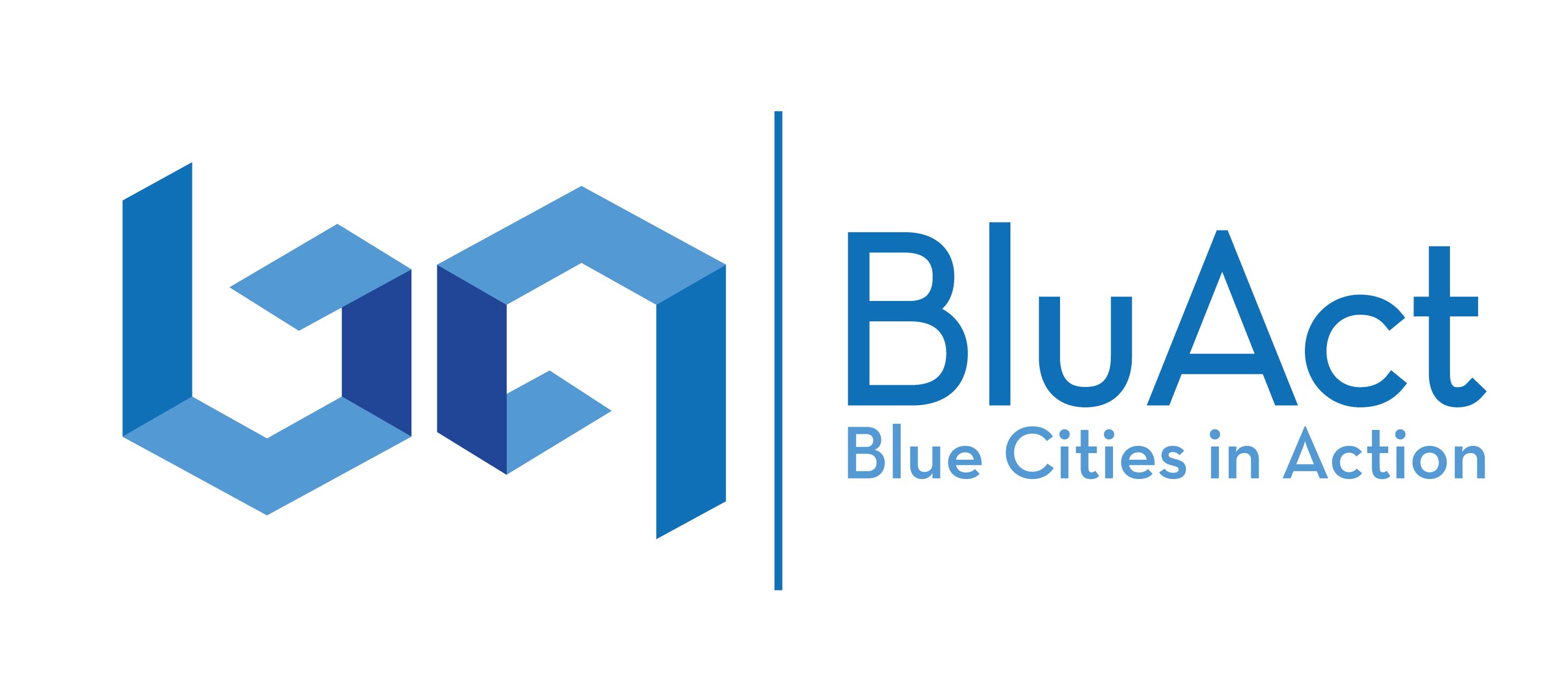BLUACT: Why the Blue Economy is an increasing sea of opportunity
Edited on
05 November 2019Jim Sims delves into the Blue Economy, a concept whose purpose is to promote both philosophies and practical steps for economic growth linked to the marine and maritime economy.
Topical, due to current environmental concerns, the preservation and economy around the marine world is on everyone’s mind, especially the Piraeus Blue Growth Initiative (BGI) that promotes Blue economy innovation and entrepreneurship.
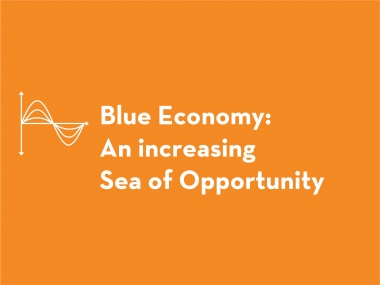
The origins of the Blue Economy concept can be traced back to the mid 90’s, when the Belgian businessman turned author, Gunter Pauli, was asked by the United Nations to think about innovative business models of the future.
Originally conceived with the aim of reconciling the shared goals of stimulating entrepreneurship whilst also preserving marine eco-systems, today, the term ‘Blue Economy’ covers a range potential policy interventions ranging from;
- Practical programmes for delivering any form of economic growth which is linked to the marine and maritime economy;
- More complex economic philosophies which draw on a range of ‘circular economy’ concepts and frameworks to deliver growth in such a way which preserves, maintains and enhances the marine environment (and therefore delivers more significant, long run benefits to society).
The latter concept is an ever-evolving model, which has come to particular prominence recently, over growing concerns about the invasive impact of single use plastics on the marine environment.
In 2012 the European Commission estimated that the Blue Economy represented over 5 million jobs and a gross added value of around €500 bn per year – a figure which is roughly equivalent to 4% of the EUs total economic output. It also affects a large number of the EU residents with an estimated 40% of the EU population living within 50km from the sea.
Over the last decade, some member states have seen the Blue Economy grow faster than their national economies. One city that has been at the forefront of trying to stimulate innovative, new Blue Economy businesses is the city of Piraeus in Greece.
Helping Blue Growth Entrepreneurs become ‘investment ready’
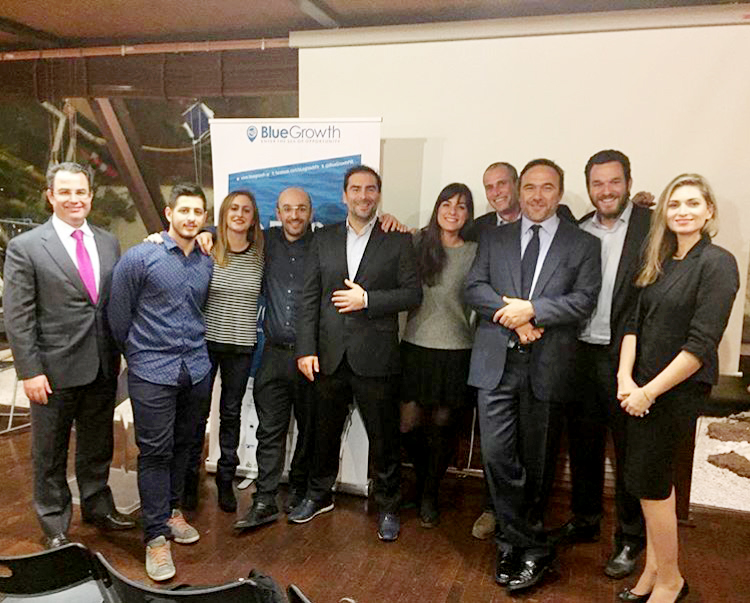 The Piraeus Blue Growth Initiative (BGI) is a structured entrepreneurship and innovation competition focussing on the marine and maritime economy. It was the first EU level innovation competition for the marine and maritime economy (Blue Economy) originally established in 2014. It was successfully awarded an URBACT Good Practice status, last year.
The Piraeus Blue Growth Initiative (BGI) is a structured entrepreneurship and innovation competition focussing on the marine and maritime economy. It was the first EU level innovation competition for the marine and maritime economy (Blue Economy) originally established in 2014. It was successfully awarded an URBACT Good Practice status, last year.
The BGI helps early-stage entrepreneurs develop and realise innovative business concepts and create jobs in the Blue Economy. Operating as an annual business plan competition, the initiative is effectively a programme of activities to help aspiring Blue Growth entrepreneurs get ‘investment ready’ – to effectively prepare their business ideas to the stage where they can secure external investment.
The Blue Growth Initiative is structured around a number of elements;
- Governance: Establishment of a strong multi-agency Blue Growth governance structure for overseeing the delivery of the programme.
- Competition preparation: Building the partnership-based delivery programme and developing the marketing collateral;
- Competition delivery: Includes business plan idea generation, proposal evaluation, preparing the successful applicants for a demo day; and organising the demo day/award ceremony
- Incubation Programme: Supporting the successful entrepreneurs to scale their business; and
- Ongoing celebration and promotion: to build the profile of the exercise, to recreate it again the year after.
Transfer of the practice to other cities across Europe
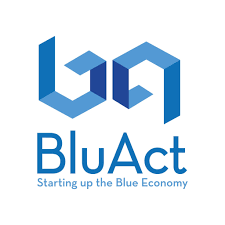 Having been awarded with the URBACT Good Practice Label, the City of Piraeus was subsequently successful in securing funding to work with Burgas in Bulgaria, and Matosinhos in Portugal, to explore the potential to establish an URBACT Transfer Network, to examine how best to transfer the programme to seven other cities across Europe.
Having been awarded with the URBACT Good Practice Label, the City of Piraeus was subsequently successful in securing funding to work with Burgas in Bulgaria, and Matosinhos in Portugal, to explore the potential to establish an URBACT Transfer Network, to examine how best to transfer the programme to seven other cities across Europe.
This process will conclude in October this year when Piraeus submits its application for Phase 2 of the URBACT Transfer Network programme with its seven partners cities.
If successful, this project could establish a pan-European Investment Readiness programme for aspiring Blue Growth Entrepreneurs and a network of cities keen to build on their marine and maritime assets.
A European Platform for Investing in the Blue Economy
What makes this URBACT project particularly timely is that the European Commissioner for the Environment, Karmenu Vella, announced at the 2018 European Maritime Day in Burgas, that DG Environment, Maritime Affairs and Fisheries is building a European investment platform dedicated solely to the blue economy.
This builds on the Multiannual Financial Framework for 2021-2027, in which the Commission proposed;
- That the European Maritime and Fisheries Fund will focus on ‘promoting the blue economy in fisheries and aquaculture, tourism, ocean energy or blue biotechnology, in coastal communities, at EU level to provide real EU added value by encouraging EU governments, industry and stakeholders to develop joint approaches to drive growth, while safeguarding the marine environment’.
- That ‘synergies for the maritime and blue economy will be exploited in particular with the European Regional Development Fund for the investment in blue growth sectors and for sea-basin strategy, with the European Social Fund+ to re-train fishers in acquiring skills and the European Agricultural Fund for Rural Development for support to aquaculture. The collaboration and synergies with Horizon Europe for marine research and innovation will be achieved, for instance by supporting small and medium-sized enterprises for the deployment and market replication of innovative solutions for blue growth and by supporting a thematic investment platform for research and innovation in the blue economy.’; and
- That ‘the InvestEU Fund will play an important role with financial instruments for market related action, in particular by supporting a thematic investment platform for research and innovation in the Blue Economy’.
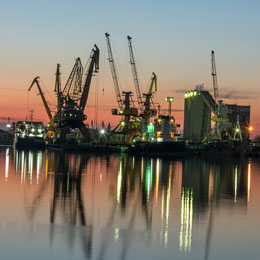 The same document goes on to explain that one particular element of the EUInvest Programme InvestEU Assistance will be established by partners, to provide advisory support and accompanying measures to foster the creation and development of projects, helping projects get off the ground and make them investment-ready.
The same document goes on to explain that one particular element of the EUInvest Programme InvestEU Assistance will be established by partners, to provide advisory support and accompanying measures to foster the creation and development of projects, helping projects get off the ground and make them investment-ready.
However, InvestEU Assistance will need to reach deep into the Blue-Growth entrepreneur community across Europe, if it is to be successful at stimulating innovative, new businesses ideas that possess the potential to add value to the European economy. That’s where a close integration with initiatives like Piraeus’ Blue Growth Initiative can really help.
As Petros Kokkalis, the Councillor for Local Economic Growth & Entrepreneurship in the Municipality of Piraeus remarked “The Piraeus Blue Growth Initiative has created a value for the city and for Europe, in that it has created a platform for bringing together different parts of the innovation eco-system, to support aspiring Blue Growth Entrepreneurs”
“One of the major challenges for many of the early stage businesses that we see is raising the funds they need to develop and scale their business. We welcome the establishment of a central Blue Economy investment platform, as it will help address this critical area of market failure and look forward to working with it to support Blue Growth Entrepreneurs.”
An increasing sea of opportunity?
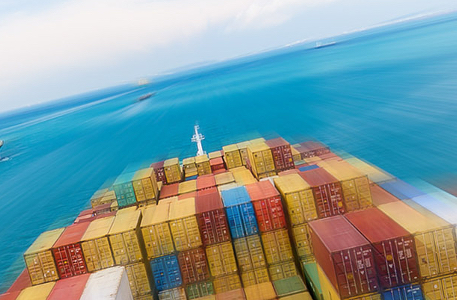 It’s actually a little-known fact, but the word ‘opportunity’ comes from a Latin seafaring phrase, ‘ob portus’, which is made up of the terms ob, meaning “toward”, and portus, meaning “port”. The word came about, because sailors used to have to wait for the right combination of wind, current, and tide to successfully sail into port. They had to seize the right opportunity.
It’s actually a little-known fact, but the word ‘opportunity’ comes from a Latin seafaring phrase, ‘ob portus’, which is made up of the terms ob, meaning “toward”, and portus, meaning “port”. The word came about, because sailors used to have to wait for the right combination of wind, current, and tide to successfully sail into port. They had to seize the right opportunity.
Today, the opportunity presented by the Blue Economy across Europe is significant and growing. Despite the well-developed nature of the blue economy, there is a scope to further increase its productivity, potential and contribution to the European economy.
Whilst a wide range of opportunities exist to further this aim, expanding Piraeus’ Good Practice in the field of Investment Readiness to a range of other cities across Europe and connecting this into a central Investment Platform like the one being developed by the Commission will help to establish a coherent cross-sectoral strategy to tackle one of the major obstacles to growth in the sector.
***
Visit the network's page: BluAct
 Submitted by Jim Sims on
Submitted by Jim Sims on

